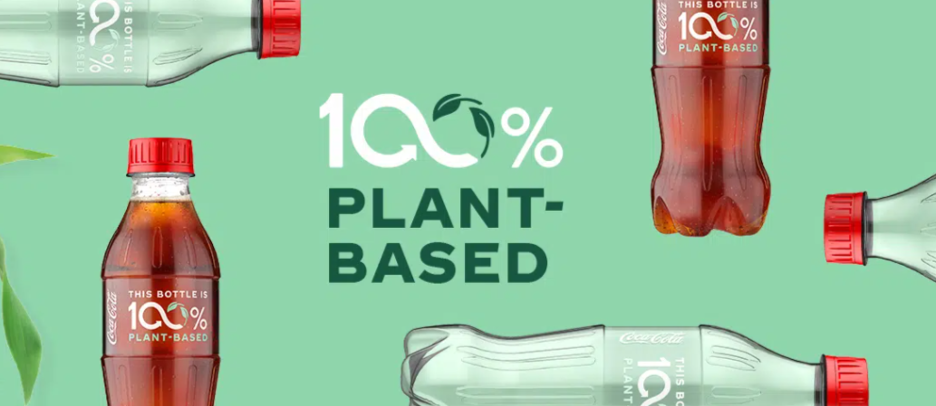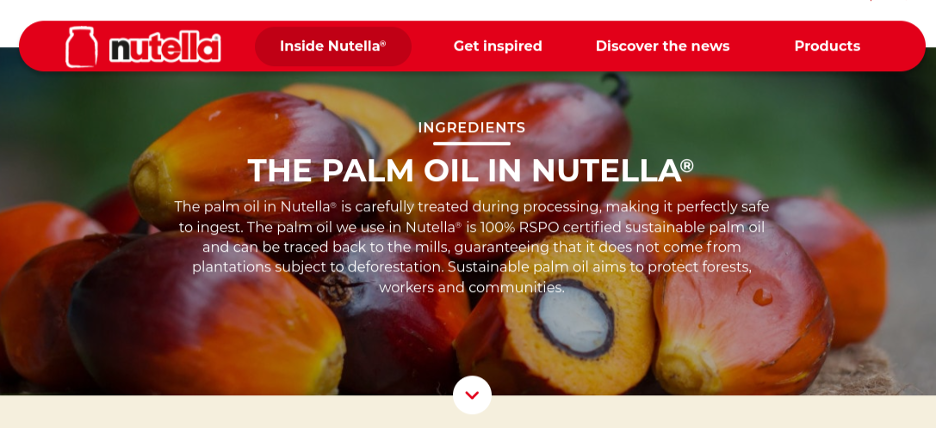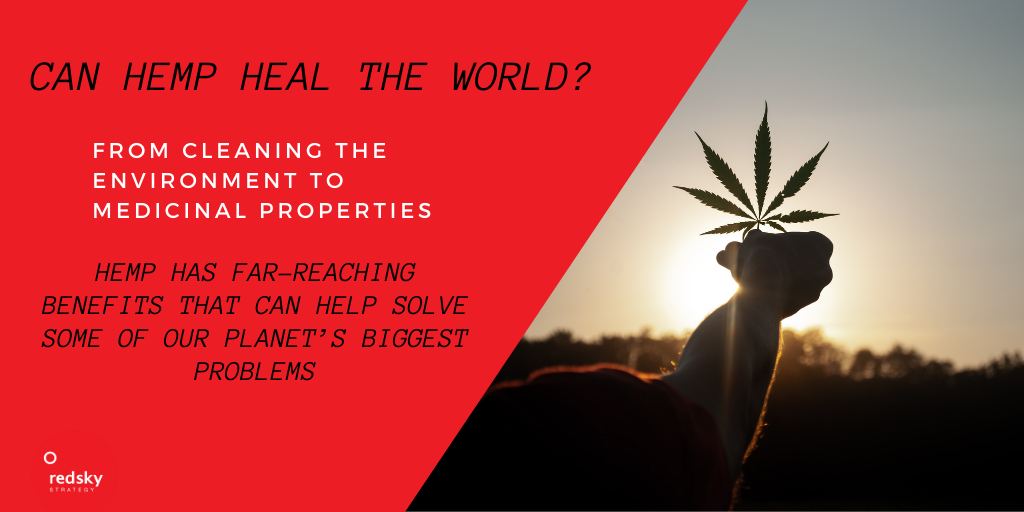News
National Hemp Day: Could Hemp Help Heal the World?
It’s National Hemp day, a time to send a celebratory and recognitional nod to an industry with a long history and an increasingly evolving presence. But hemp deserves more than a one-day acknowledgment.
While some may perceive hemp-based products as a relatively new trend, hemp’s role in human civilization dates back thousands of years. However, thanks to relatively recent legislation and a growing appreciation for its expansive healing effects, we’re starting to learn more about the power of hemp plants.
From cleaning the environment to offering nutritional and medicinal properties, hemp has far-reaching benefits that can help solve (at least in part) a paramount of our planet’s problems.
The History of Hemp
Although the annual hemp holiday was officially founded by cbdMD in just 2019, the first traces of the plant were discovered in 8000 BCE in regions that are now China and Taiwan. According to records, hemp seed and oil served as food in China, making it one of the first agricultural crops. In the U.S., hemp dates back to our Founding Fathers using hemp paper for drafting documents. Throughout history, hemp has traditionally been used for shipping, construction, and textiles products.
However, a turning point for the hemp industry came with the passage of the 2018 Farm Bill. This removed hemp and hemp seeds from the Drug Enforcement Administration’s (DEA) schedule of Controlled Substances and reclassified it to a Schedule V.
In other words, it’s now legal on a national level to grow, produce, and distribute hemp. With the authorization of this bill came a paramount potential for growth.
4 Problems Hemp Can Help Solve
While CBD has become a star for the hemp plant, it can do so much more, from building homes to cleaning the environment. Let’s take a closer look at the significant problems hemp can help solve.
1. Decrease the Amount of Plastic Plaguing Our Landfills and Oceans
More than ever, our environment is being polluted by textile manufacturing products and plastic microparticles. In fact, according to the Environmental Protection Agency (EPA), more than 260 million tons of waste are produced annually. Most of the waste is non-biodegradable and ends up in our landfills and oceans.
Plastic, in particular, can be a serious problem, as it takes over 400 years to decompose. However, hemp offers a biodegradable alternative (also known as “bioplastic”). Hemp cellulose can be used in everything from toys to bottles to grocery bags.
Of course, creating plastic-alternative products that are made of 100% hemp can be difficult. But some companies are already beginning to use hemp and other plant fibers in their products. Take Coca-Cola, which recently unveiled a prototype bottle made from 100% plant-based sources:

Making more material from biodegradable hemp can translate to less trash and exposure to toxic chemicals. We can focus more on eco-friendly materials that are safer for our landfills, ocean, and soil.
2. Increase Carbon-Positive Construction
The majority of materials used for building the foundations of houses and other structures, including concrete, metal, and wood, all have hemp alternatives. For example, hempcrete, made from hemp and lime, is lighter and just as durable as traditional concrete. It’s also non-toxic, mold-resistant, and can last for hundreds of years.
Using hemp building materials can help reduce emissions and exposure to toxic chemicals that are otherwise released into the environment from wood, steel, and concrete production. Hemp-based materials can also be used as a more sustainable alternative to concrete and steel and help lower our carbon footprint.
3. Cut Back on Deforestation Issues Contributing to Climate Change
Using paper made from wood is causing a deforestation issue. The loss of carbon dioxide otherwise taken in from trees combined with the CO2 emissions produced by the deforestation machinery contributes to our climate change crisis (not to mention the disruption to wildlife).
Trees can take anywhere from 10 to 45 years to grow before being cut down and used for paper. So, it’s no wonder we’re cutting them down faster than we’re able to replace them. However, hemp only takes two to three months to reach maturity, meaning it only takes one season after harvesting to be ready to be made into paper.
Brands are taking note of the deforestation issue. For example, a lot of it is to create palm oil. Nutella even makes it a point to note that they use “non-deforestation” palm oil in their ingredients:

Hemp oil, a nutritionally superior option, would make for a solid alternative. Back to the paper, though.
Loss of quality isn’t a concern, either. Hemp paper is stronger than the traditional wood-pulp paper we’re used to, and it doesn’t yellow. It’s naturally bleach-free, so there’s no need to add harsh chemicals for whitening purposes. Also, hemp paper can be recycled as many as seven times, compared to the maximum three of tree paper.
4. Reduce Soil Toxicity
Our need for a sustainable planet goes back to our roots, literally. Waste and pollution continue to contaminate soil across the globe, affecting plants that we depend on for everything from god to clothing to housing materials.
Hemp has been shown to eliminate toxins from the environment. However, many people don’t realize just how powerful its capabilities extend. Hemp is a bioaccumulator, which essentially means it acts like a sponge once planted in soil.
It can absorb heavy metals, nuclear fallout, pesticides – the list goes on. In addition to nourishing soil, it can actually clean it. For example, industrial hemp has been used for nearly two decades in the Chernobyl Phytoremediation Project to reduce soil contamination (also known as “phytoremediation”).
From fighting climate change to nourishing the planet, hemp has the potential to make a lasting and important impact on the planet. It can help heal people individually and collectively and create new profit and revenue opportunities yet untapped.
Want to learn more about hemp and its healing properties? Visit RedSky Strategy’s sister company, Oasis Intelligence – a leader in hemp and cannabis consumer insights.

